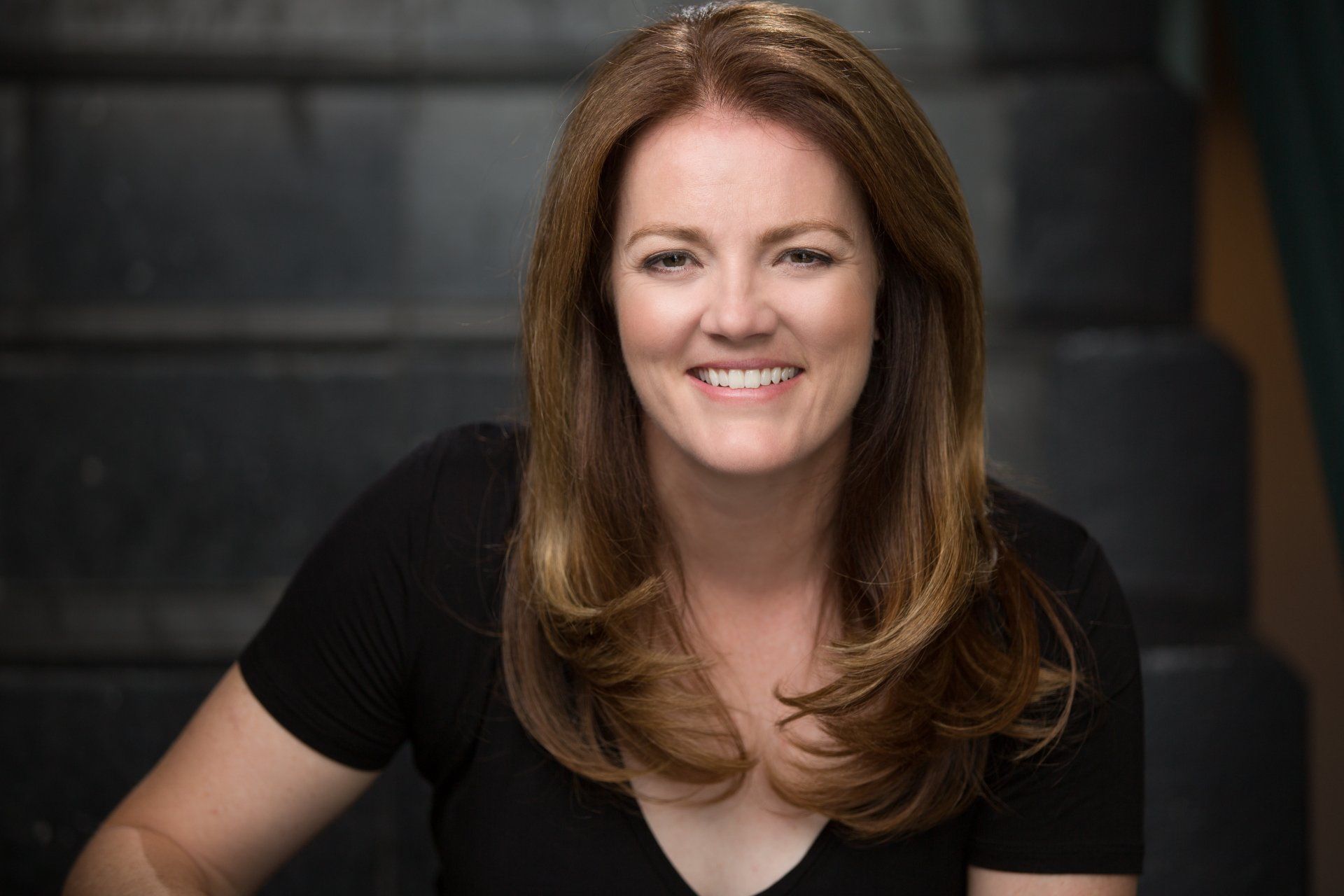'A coach is a coach': Chantal Vallée on leading a men's professional team
The Canadian is one of the few women to have crossed the gender divide in professional sports. But her main focus is on winning
Chantal Vallée tells a story about her early days as coach of the University of Windsor’s women’s basketball team.
Despite minimal experience, the novice from Montreal arrived in the southern Ontario city with an ambitious five-year masterplan: to transform the worst team in the country into champions. But by the end of her second year, the Lancers – regularly labelled the ‘doormat’ of the league – had somehow managed to go backwards.
In the offseason, Vallée went to nearby Toronto to try and recruit a player. As she was midway through her pitch – passionately describing the vision she had and what lay in store for the program under her guidance – the father of the player cut her off. “You are either delusional, crazy or French-Canadian,” he told her.
But, in March 2011 – just shy of six years after Vallée took over - the Lancers claimed a national championship for the very first time. It kickstarted an era of unprecedented success. Under Vallée’s stewardship, the team won five titles in a row. “The challenge is a lot of fun for me,” she admits, currently preparing for her biggest one yet.
Last week, she was announced as head coach and general manager of the Hamilton Honey Badgers of the Canadian Elite Basketball League, which is scheduled to begin next May.
As a result, Vallée becomes the first woman to hold both positions with a men’s professional sports team. But as much as she appreciates why her gender is such a major talking point, she says it barely factored in discussions with the organisation’s top brass.
“One of the most incredible things is that when John [Lashway, the Honey Badgers president] first called me, we talked about basketball. We talked about coaching, character, culture,” she says. “He never brought up the gender topic until the deal was almost signed. He mentioned how I might be one of the first women to take on both roles. And then we went back to talking about basketball. From the beginning, the message has been that it really doesn’t matter today if you’re a man or a woman. As long as you’re competent and you have the credentials, you can get hired and get the job. To me, that’s what the breakthrough is.”
In Canadian sports circles, Vallée is a relatively well-known figure. Her remarkable success in a basketball backwater like Windsor made waves and it spoke volumes that she was recommended to Lashway, who boasts three decades of senior management experience with NBA and NHL franchises, by Robin Brudner, current CEO of the Canadian Olympic Committee.
Vallée has certainly impressed the right people. But not just because of what’s happened on the court.
For a long time, she’s been immersed in academic research. Prior to joining the Lancers, she qualified with a masters degree in sports psychology from McGill University in Montreal, submitting a thesis entitled Building a Successful Program: Key and Common Elements of Expert Coaches. Effectively, she spent a year composing a bible for herself to follow. She interviewed countless sports practitioners to try and find the science of winning. After a stint in charge of the women’s team at the local Vanier College, she applied for various coaching jobs but only Windsor got back to her. Later she’d find out that she was the only person to send in a résumé.
“I wanted to be a successful coach and I looked at my options,” she says. “There are coaches that aren’t successful and change jobs or even careers. There are coaches who are grinders, always mid-pack but never really peak higher than that. And then there are serial-winning coaches. And I wanted to be like that. But how? Well, I needed to learn and educate myself. Coaching is a skill. But winning is too.”
There will be a new kind of pressure for Vallée in Hamilton. She gets the fascination with her story but already seems a little jaded by it and is keen to separate her gender and her career.
“Is it important to me? I don’t think about it,” she says. “I am me. I am a woman. But in my profession I am a basketball coach. It’s my expertise. It’s what I’ve been hired to do. It’s my work but it’s not who I am. I understand the conversation. It’s important for our society and for both genders. I think it’s important that men and women can see that a coach is a coach, just like in the business world now where a president can be male or female.”
Traditionalism remains rampant in sports but there are exceptions. Four-time Olympic gold medalist Hayley Wickenheiser is now part of the Toronto Maple Leafs’ front office. Kim Davis is an executive vice-president with the NHL while Sam Rapoport is a senior director of football development with the NFL.
On the coaching side, Becky Hammon continues to make a big impact as an assistant coach with the San Antonio Spurs. But the trailblazer remains Nancy Lieberman, who in 2009 became the first woman to take charge of a men’s pro team when she was hired by the minor-league Texas Legends, an affiliate of the Dallas Mavericks.
In an interview with the New Yorker two years later, she talked about the gender barrier: “I tell these guys we have more in common than you think.”
Despite the progress, the target on Vallée’s back is larger only because she’s a woman. However unfair, the backlash – particularly if results are poor – is inevitable. “I hate to speculate on how anybody will react if we win or lose,” she says. “We have to cross that bridge when it comes. We’ll see. Maybe we won’t need to have a discussion. Hopefully we’ll win our first few games. That’s the way I like to think about it.”
Vallée has also done the research and knows there will be tough days but she’s been there before and knows the way out. “If there’s any pressure, it comes from me. I’m a high achiever,” she says. “At the moment of setback, some will quit. But for me, it’s the exact point where you need to keep going.”


